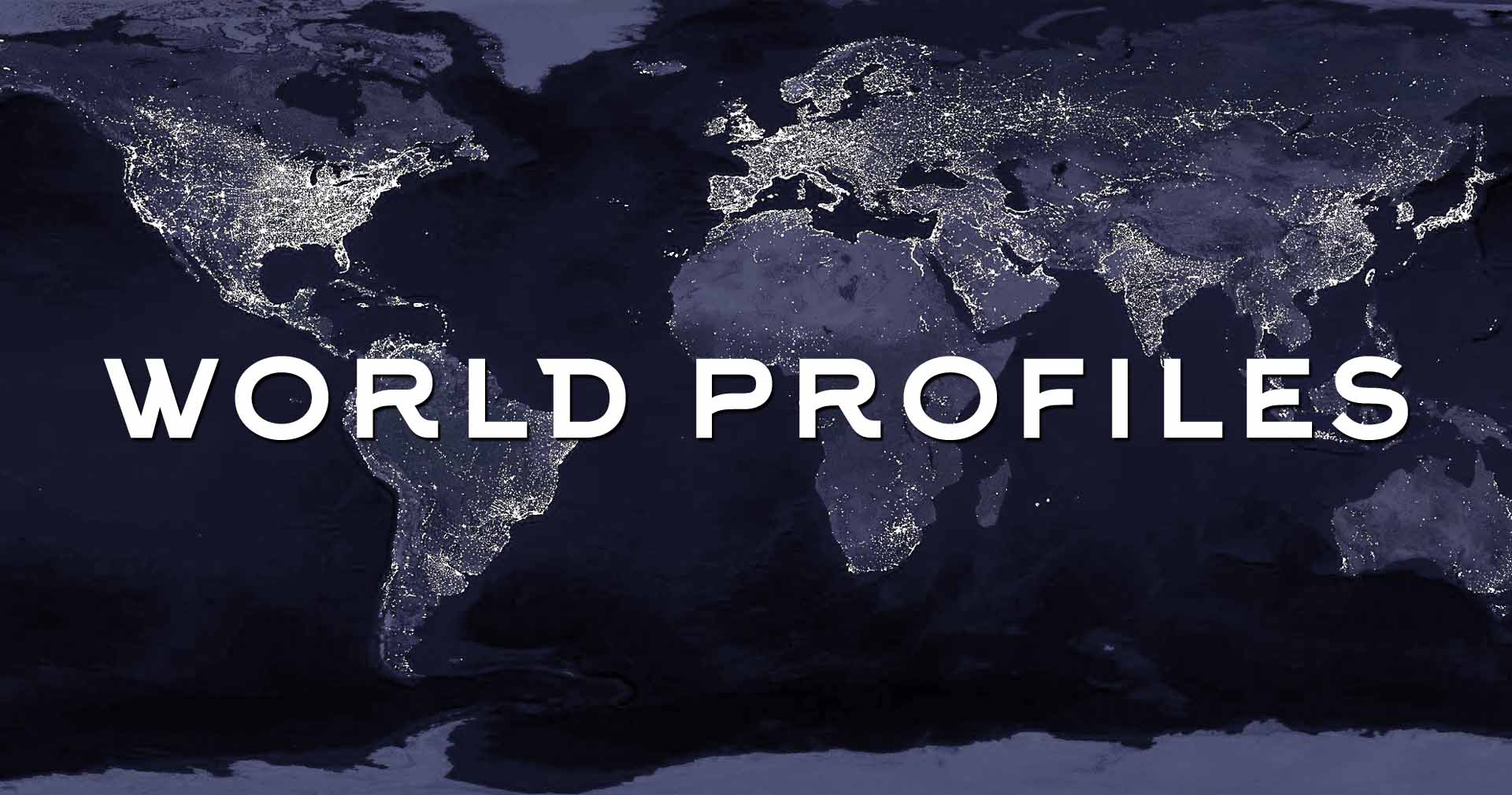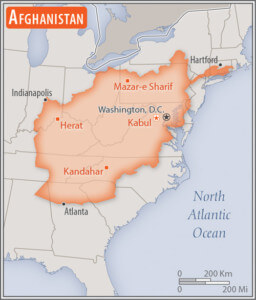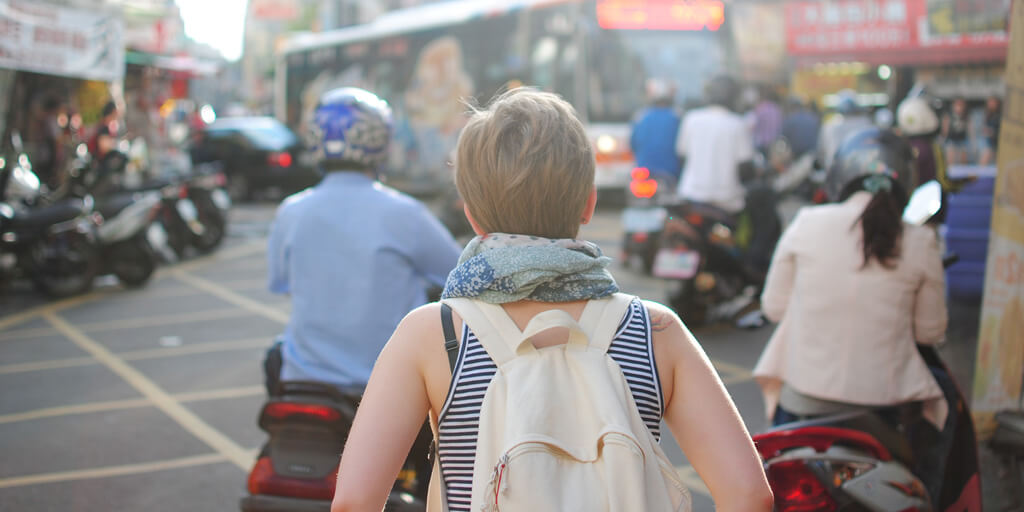Afghanistan is not for the uninitiated; even the most well-heeled of travelers enter this country with some hesitation and only after a great deal of preparation.
Is it THAT dangerous?
Yes, it is. Kidnappings, insurgent attacks, suicide bombings, improvised explosive devices (IEDs), and vehicle-borne IEDs (VBIEDs) are all becoming more frequent and more sophisticated in the land of the Pashtuns. The country is full of warring tribes and insurgent groups. The U.S. State Department reported that 10 out of the 19 terror-related overseas deaths in 2014 were in Afghanistan.
Security Warnings
The State Department, British Foreign and Commonwealth Office (FCO), Global Secure, and Robert Young Pelton all echo multiple security warnings given the current state of the country. I advise any traveler to read and understand the potential risks of traveling to Afghanistan. My advice, especially if you are not an experienced traveler, is to not go or not go alone. At the very least, hire a guide who can also act as your interpreter.
If you are required to go for work, take your personal security into your own hands: Take a hard look at your company’s communication options, accountability procedures, contingency plans, and evacuation policy. Ask the tough questions and make sure you have satisfactory answers before you travel. If you do not feel your personal safety is fully considered, seek out your own alternatives or decline the trip.
That said, there are those who have had excellent experiences while traveling in Afghanistan. For example, Savannah Grace traveled there with her family in 2006. They took local transportation and stayed with local families they met along the way:
“It was an incredible experience. The local people have huge hearts and are so incredibly hospitable. We always felt safe.”
In Kabul
The most dangerous part of your arrival into Kabul may be the drive down the airport road into Kabul from the airport. NATO forces use this road, insurgents often target it and demonstrators will, on occasion block it off. Have a secondary route to your destination prepared before you land.
Government and official buildings are potential targets; avoid them when possible. According to the State Department’s website, “attacks may target official government convoys and compounds, including Afghan and U.S. government facilities, foreign embassies and military installations, as well as restaurants, hotels, airports, non-governmental organization (NGO) offices, international organizations, religious institutions, educational centers, foreign guest houses, and other commercial entities.”
If you are visiting one of these types of buildings, be aware that most of them will have a vehicle control point where they examine the vehicle before allowing you to enter. Ideally, this will happen in an enclosed space off the street. If not, and you are exposed to street traffic passing by, do not turn off the engine and do not put the vehicle in park. Be ready to move if attacked.
Dress the Part
Blend in as much as possible to avoid unwanted attention. Buy local clothes when you arrive. Women should dress very conservatively and learn how to tie a scarf to cover their head and hair. Men should consider growing a beard.
Routines
Avoid public transportation and identify what is normal:
- Why routine is bad: Routine creates a pattern of movement that those with malicious intent can easily exploit. In Kabul, I noticed that a particular shuttle bus, loaded up with government workers, would leave a local government compound each day at the same time. I made a conscious effort to alter my schedule to avoid crossing paths with this bus. Two weeks after I left the country, colleagues informed me that someone had attacked the shuttle.
- Why routine is good: The routines of others can establish what is normal and can be your signal that something is about to happen. If you walk down a normally bustling street to find it quiet and deserted, that should be your sign that it is time to leave the area.
Driving Tips
- Driving may seem erratic at first. The key is to make no sudden movements and go with the flow.
- Drive slowly. The roads are often rough and in poor shape.
- Ask about an armored vehicle if traveling for business. Affiliation with an international company could make you a target.
- Wash the car regularly; a dirty vehicle looks out of place.
- Remember to dress to blend in. Wear local clothing even while driving.
- Remove your sunglasses. Wearing them makes you easily identifiable from a distance as a foreigner.
Understand the political climate, kidnapping potential, landmine locations, and insurgent presence before traveling to any area of Afghanistan.
The Countryside
- Traveling by vehicle is strongly discouraged; traveling between areas is drastically safer by airplane or helicopter.
- Take the remoteness of the country into consideration when you travel: Preparation, knowledge of first aid, and a self-sufficient attitude is a must given the lack of available medical assistance in large swaths of the countryside.
- Verify potential landmine areas with locals before you travel.
- As a foreigner, the more you stand out, the more you may attract unwanted attention. Again, blend in as much as possible.
- Avoid public markets at night.
Medical
Medical facilities are very basic and provide low-quality care. Medical prescriptions will most likely be unavailable, so bring more than enough of what you need for the duration of your visit. Also, drink bottled water; avoid drinking local water. Local streams are used to bathe, swim, wash clothing, change motorcycle oil, etc.
Travel Insurance
Most companies will not cover you in a war zone. If the State Department or FCO advises against any or all but essential travel, insurance companies will not provide coverage. In this case, choose an insurance provider that offers special risk insurance; before buying a policy, call the provider to double-check coverage limitations and verify that medical and emergency evacuation is covered. That said, evacuation (whether medical or otherwise) is almost impossible since most evacuation companies will not service the country.
As Always:
- Stay away from demonstrations.
- Get the required vaccinations before you travel.
- Avoid carrying large amounts of cash or valuables.
- Let family and friends know your itinerary and provide updates when possible.
- Enroll in the State Department’s S.T.E.P. program, and understand which services the State Department can and cannot provide in an emergency.
Afghanistan is a cultural wonderland; traces of multiple societies dot its landscape from Alexander the Great to the Buddhists, Persians, Chinese, Greek, and so forth. Traveling to visit these treasures will require extensive planning and preparation. It will also possibly pose a personal security risk to yourself and any travel companions. Consider these factors carefully when planning a trip to Afghanistan.



